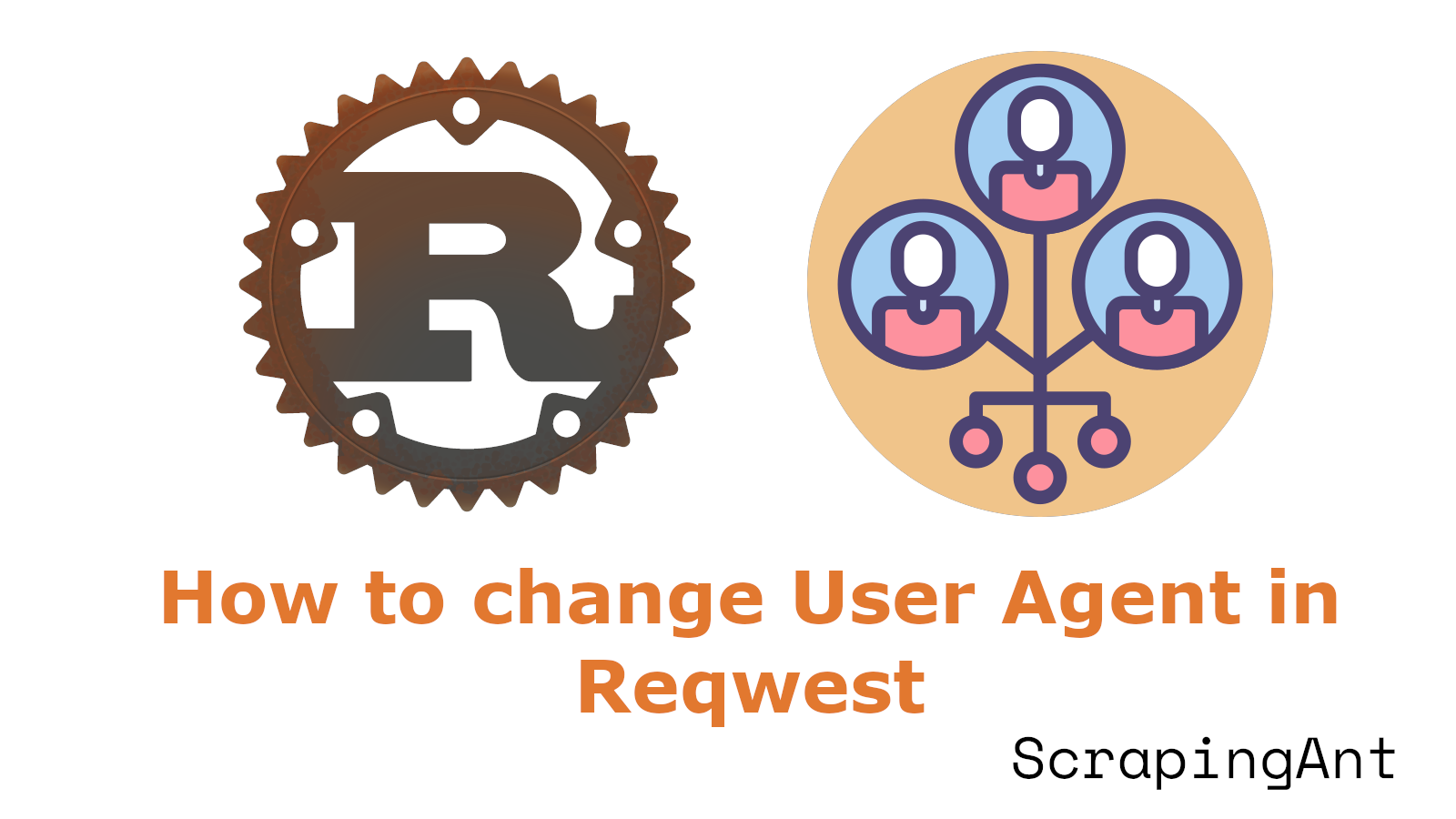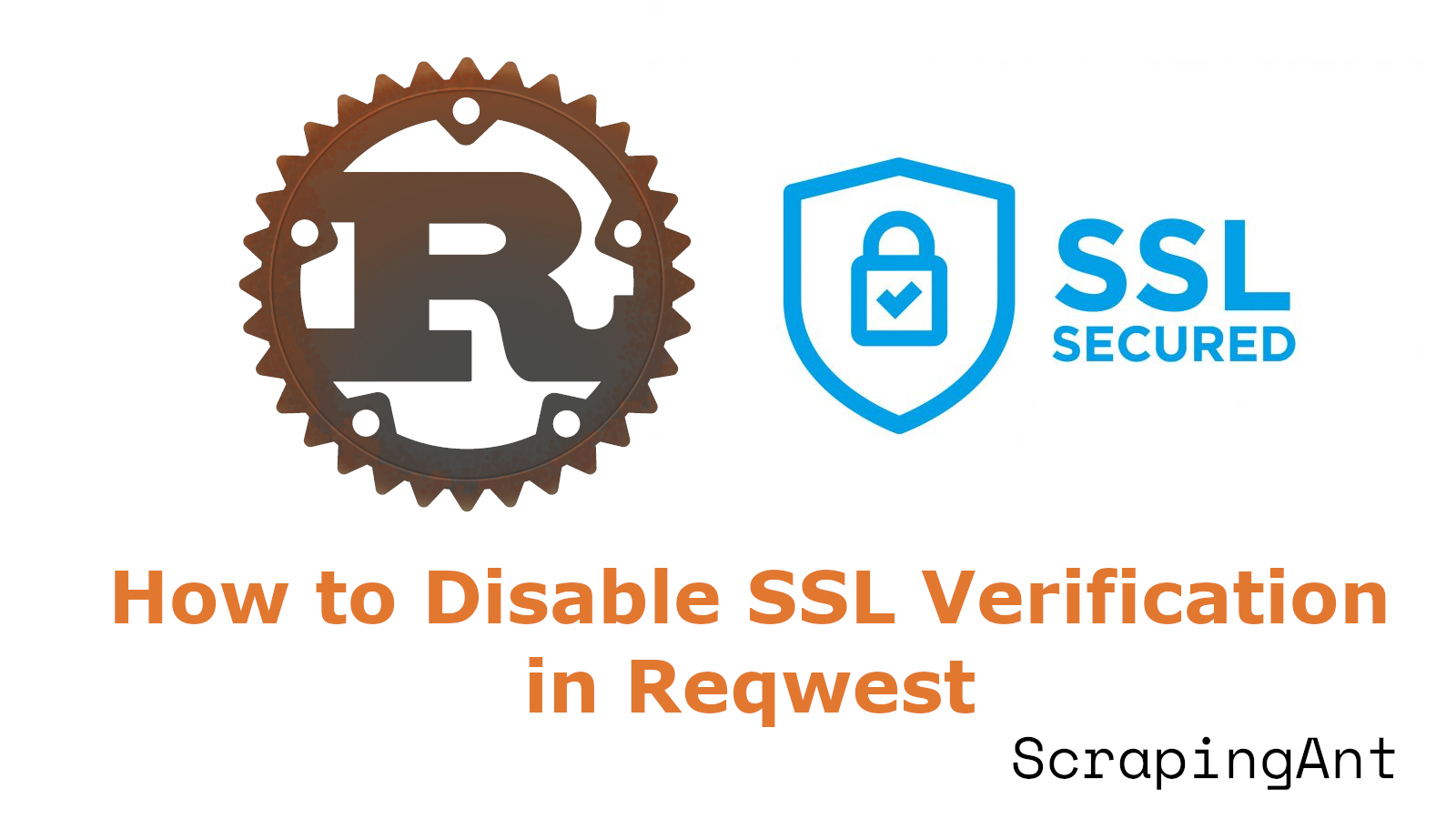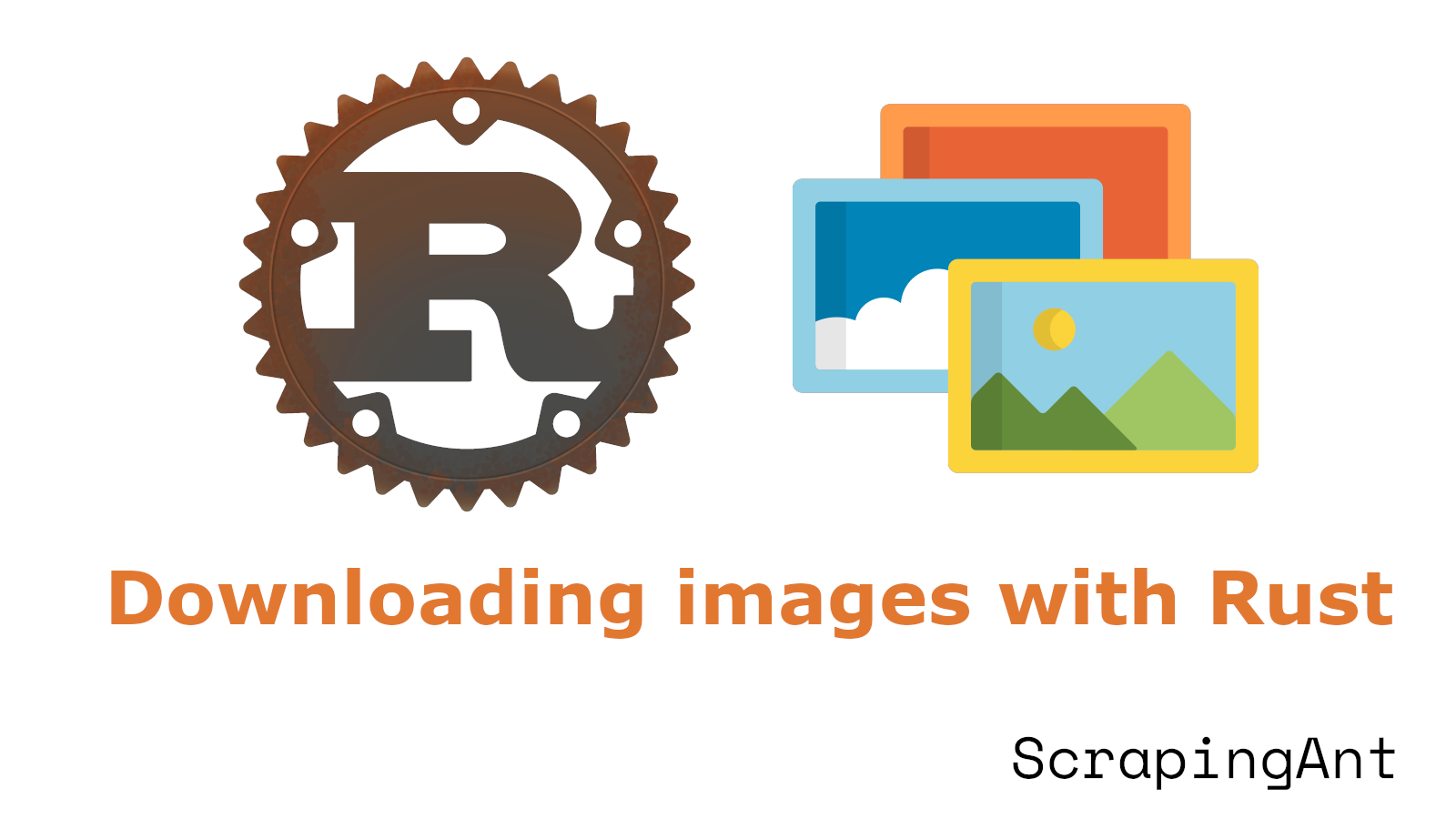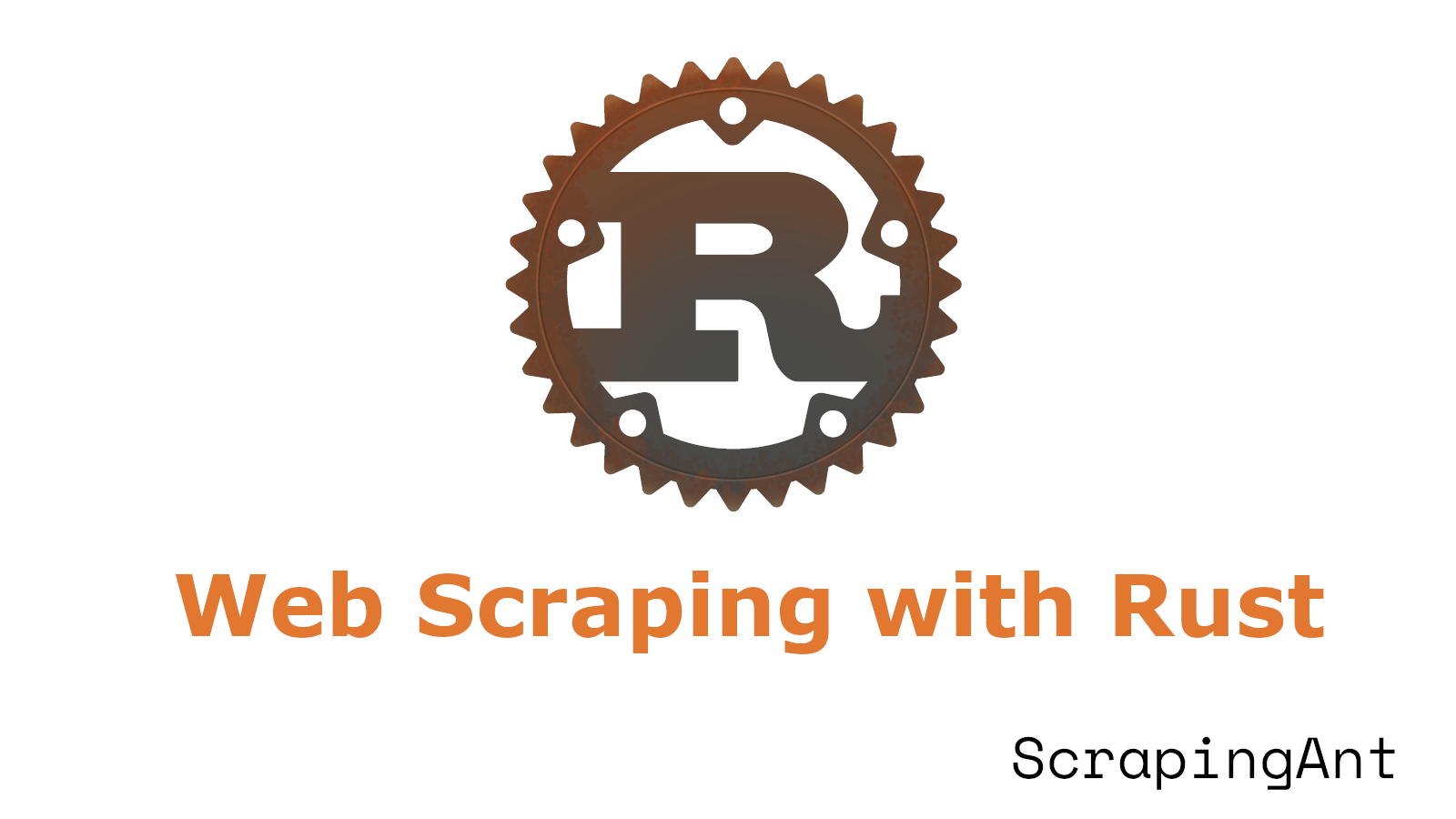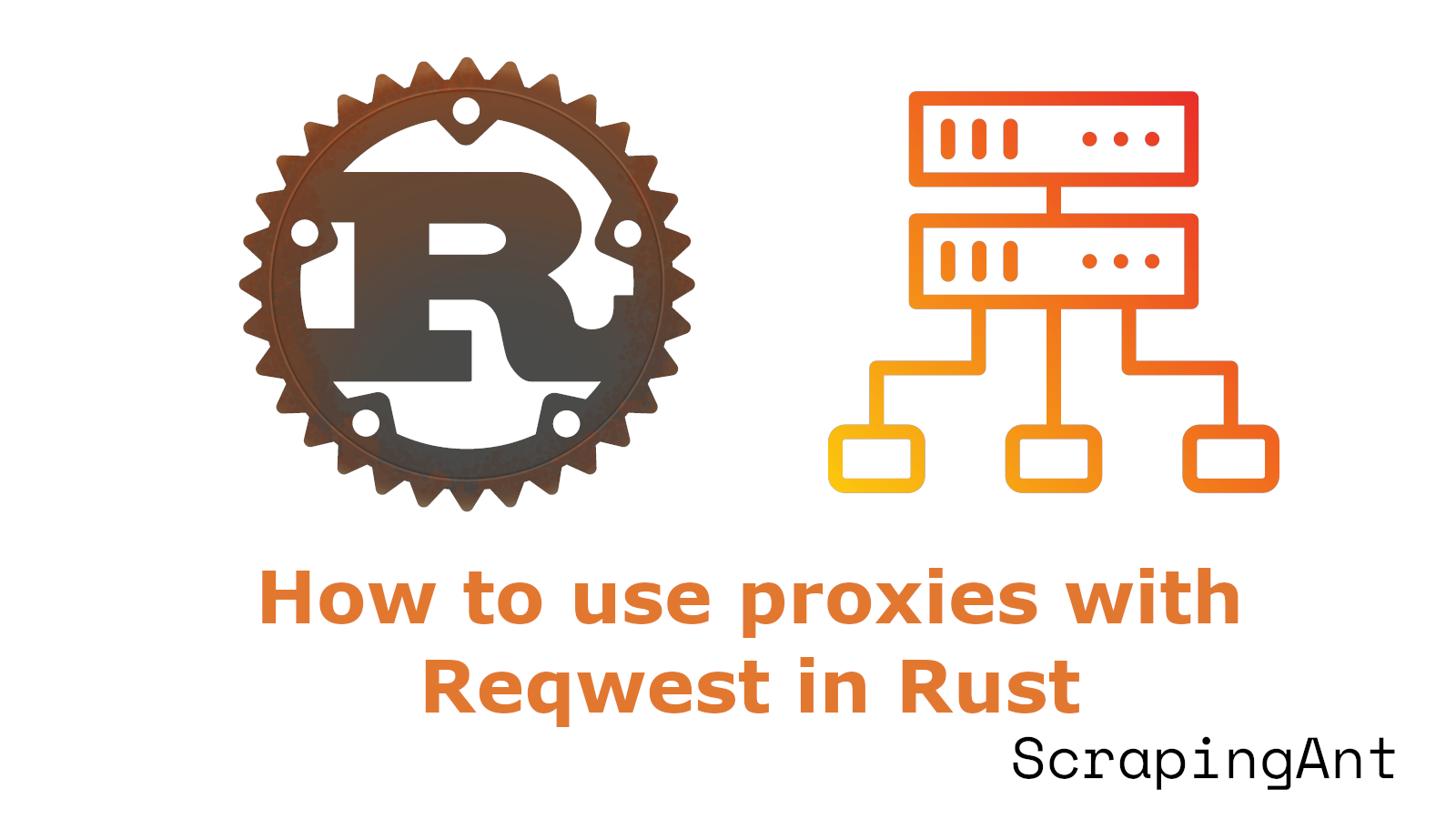
Rust, a powerful and performance-oriented programming language, has gained significant popularity among developers for web scraping tasks due to its speed, safety, and concurrency capabilities. Among Rust's ecosystem, the Reqwest library stands out as a robust HTTP client that simplifies the integration and management of proxies.
Using proxies with Reqwest in Rust not only enhances anonymity but also helps in bypassing rate limits and IP blocking, common hurdles in large-scale data extraction projects. Reqwest provides extensive support for various proxy configurations, including HTTP, HTTPS, and SOCKS5 protocols, allowing developers to tailor their proxy setups according to specific requirements.
Additionally, advanced techniques such as dynamic proxy rotation, conditional proxy bypassing, and secure proxy authentication management further empower developers to create sophisticated scraping solutions that are both efficient and secure.
